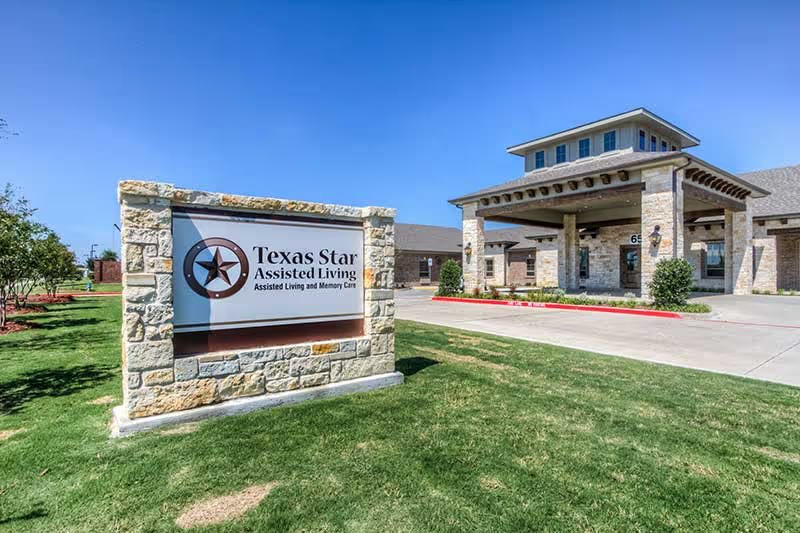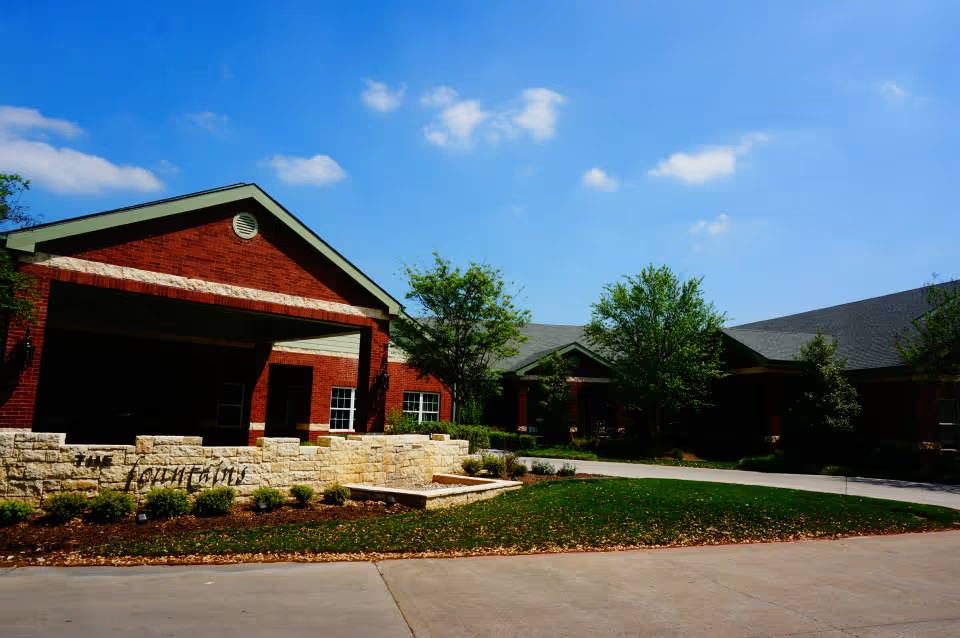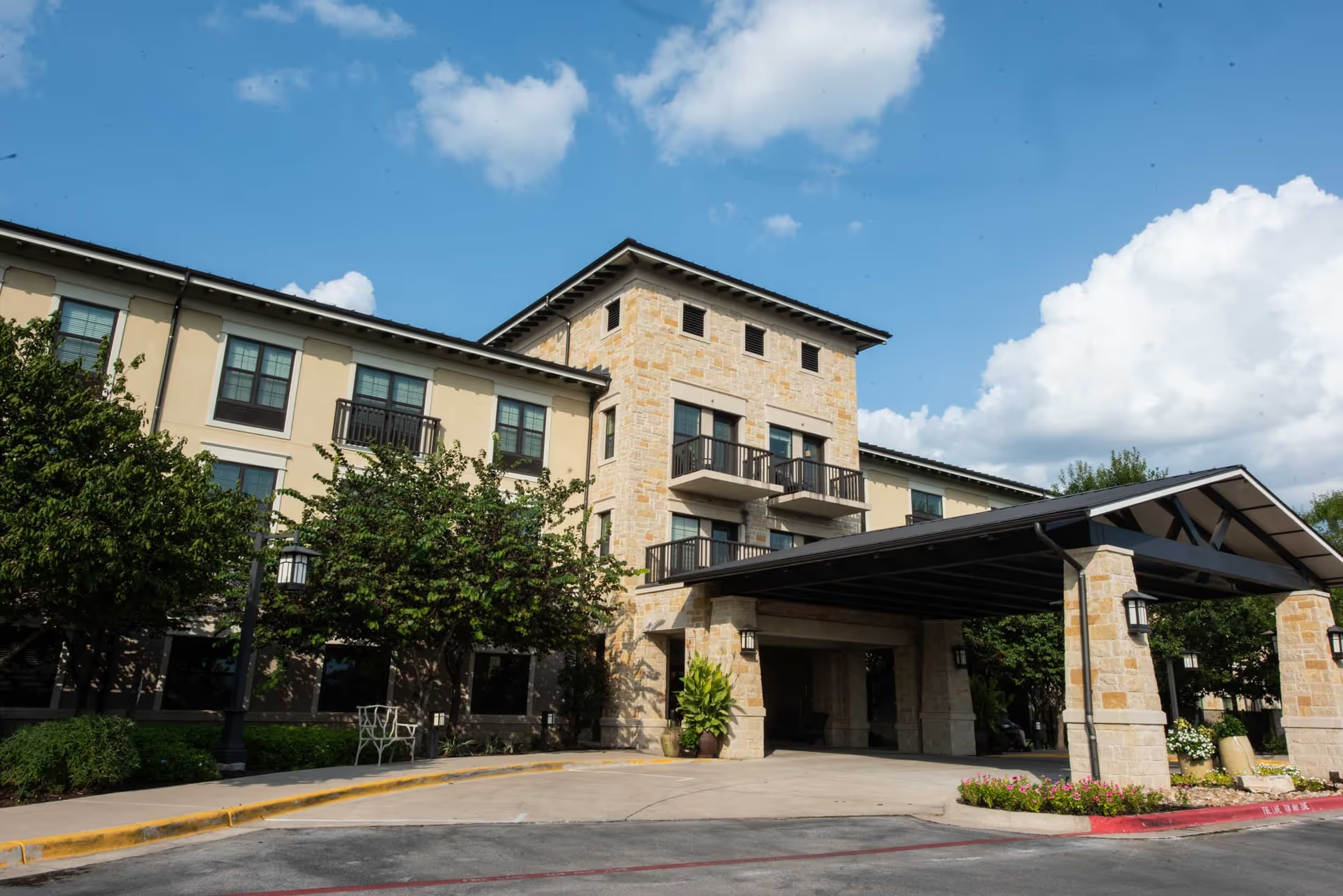Overall sentiment in these reviews is mixed but leans positive about the people who work at Anderson Nursing Center and the day-to-day interpersonal care they provide. Multiple reviewers emphasize that staff are friendly, sweet to talk with, loving, and caring; several comments convey strong gratitude and describe the care as "great" or "good." Reviewers also note staff longevity, indicating many employees have been on-site for a long time, which typically reflects stability and institutional knowledge.
Staff and interpersonal interactions are the clearest strengths. Words and phrases that recur across the reviews — friendliest people, lovely staff, sweet to talk with, loving staff — point to a warm, personable culture among caregivers. Families explicitly express appreciation and gratitude, suggesting that, at least in terms of attentiveness and bedside manner, staff are succeeding in meeting emotional and relational needs of residents and their families.
However, there are notable and serious concerns about clinical outcomes and communication. One reviewer reports a resident becoming bedridden and being hospitalized four times in less than a year. Those details are significant and stand out against the otherwise positive comments about staff demeanor. While the reviews do not provide enough context to determine causation (resident baseline health, severity of illness, or transitions of care are unknown), the frequency of hospital transfers and rapid decline to bedridden status are important red flags that prospective families should investigate further with the facility.
Communication and policy issues also appear in the feedback. At least one reviewer felt "blown off," and there is an explicit mention of a family visitation policy issue. These comments suggest gaps in responsiveness to family concerns and possible restrictive or poorly explained visitation rules. Even when staff are described warmly, management-level communication and policy clarity can strongly affect family trust and the perceived quality of care.
There is little or no information in these summaries about facilities, dining, activities, therapy services, medication management, or cleanliness, so no conclusions can be drawn about those areas from the provided reviews. The available feedback is concentrated on staff behavior, clinical incidents, and family-facing policies.
Recommendations for prospective families or advocates based on these patterns: ask the facility for concrete data on hospitalization and transfer rates, inquire about care plans for residents with declining mobility, request explanations of the visitation policy and examples of how family concerns are handled, and ask about staffing levels and clinical oversight for higher-acuity residents. Also consider touring the facility, speaking directly with long-tenured staff and management, and requesting references from current family members to balance the positive reports about staff warmth with the serious clinical concerns raised.







